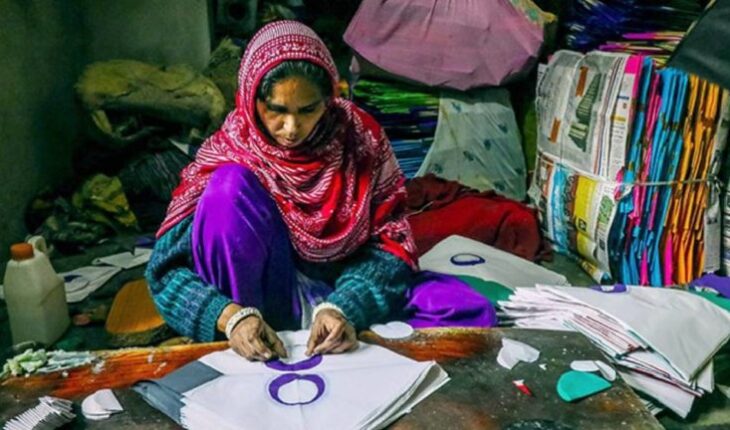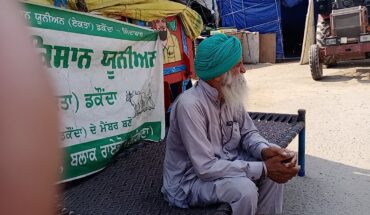New Delhi : A new report has shed light on the significant hurdles faced by nearly 50% (47 percent) of women entrepreneurs in India’s Micro, Small and Medium Enterprises (MSMEs) when attempting to access financial credit.
The report, titled the ‘Bharat Women Aspiration Index Report’ by UK-based financial platform Tide, conducted a comprehensive survey of over 1,200 current and aspiring women business owners aged 18-55 from tier II and III cities.
The survey found an alarming 95 % women lacked awareness about government financial schemes and programs aimed at supporting their enterprises. This knowledge gap has driven many to resort to informal, potentially precarious credit channels.
Highlighting another major barrier, the report revealed that while 63 per cent of respondents had access to business mentorship, a staggering 90 per cent cited relatives or close friends and family as their primary “peer” network. This underscores the dearth of formal programs facilitating networking and upskilling for women entrepreneurs.
“Access to funding, mentors and digital business tools are inextricably linked for women entrepreneurs, especially those from smaller cities and towns,” said Gurjodhpal Singh, CEO of Tide India. “The prevalence of informal lending points to gaps in financial literacy that may not serve their best interests,” he added.
Echoing the results of the report, Secretary General of Federation of Indian Micro and Small & Medium Enterprises (FISME) Anil Bhardwaj said that the ground realities were greatly at odds against women entrepreneurs in India.
“The biggest hurdle is lack of ownership of collateral assets without which raising loans is almost impossible. In a patriarchal society most assets are in the name of men of the family and there is resistance for ceding ownership for raising loans for women-owned enterprise. Secondly, the absence of insolvency for individuals and widespread criminal clauses in Indian regulations also scare women of spectre of imprisonment,” Bhardwaj added.
Despite the challenges, Tide remains optimistic about the future role of women-led MSMEs in catalysing economic growth, job creation and innovation through resilient, family-centric entrepreneurial ecosystems.
“Targeted initiatives are key to eliminating barriers and supporting the success of women in business globally,” added Oliver Prill, Tide’s Global Chief Executive.
The Reserve Bank of India has been advocating for an open credit disbursal platform akin to UPI to ease access for small businesses and farmers. Meanwhile, recent reports indicate NBFCs are tightening norms for unsecured lending to startups following an RBI directive to increase capital provisioning.





